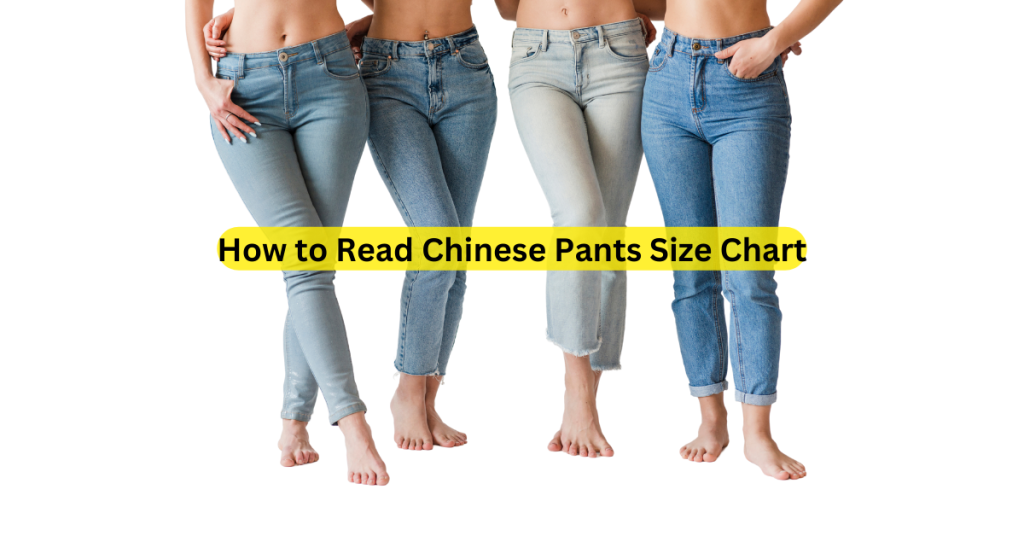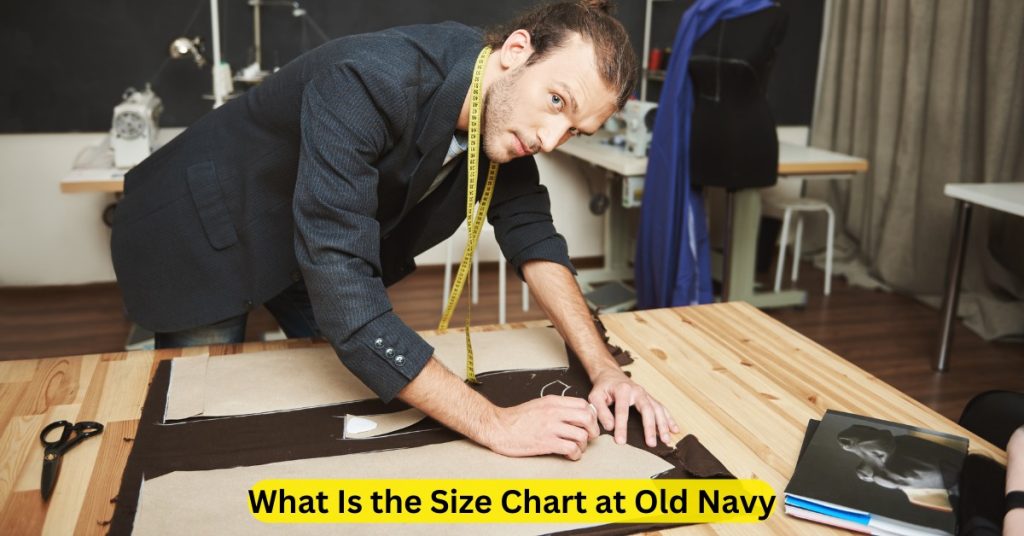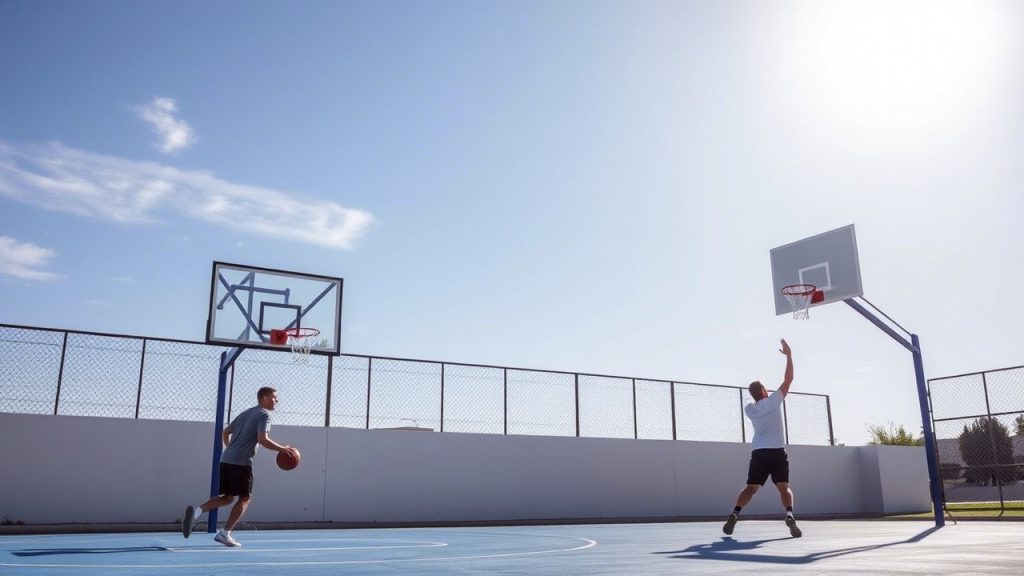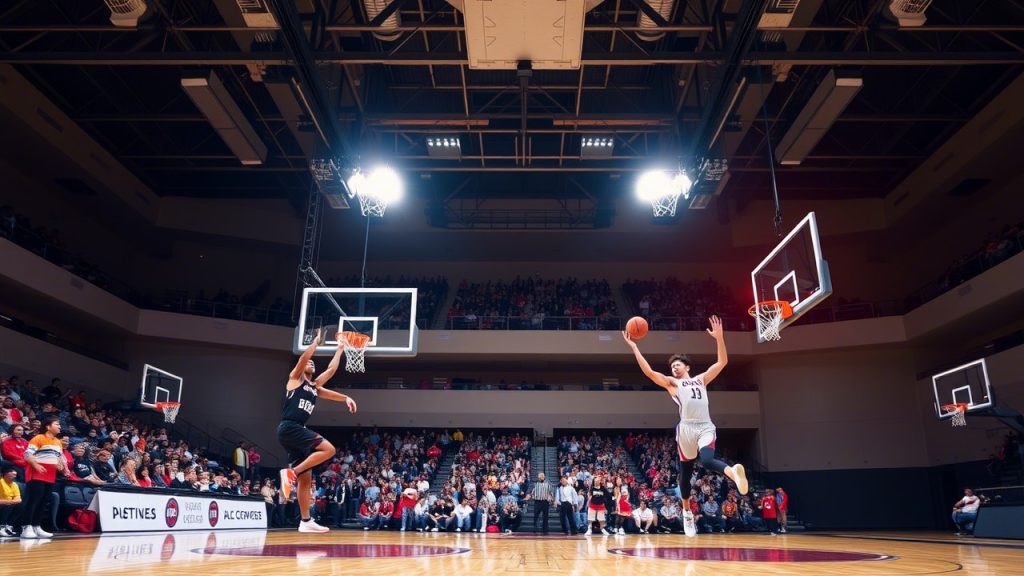How to Fit a Bra: The Ultimate Guide
Finding the perfect bra can be a daunting task, but it is crucial for comfort, support, and overall confidence. A well-fitted bra not only enhances your appearance but also promotes better posture and reduces discomfort. In this comprehensive guide, we will explore how to fit a bra, the different types of bras available, and tips for maintaining your bras for longevity.
Understanding Bra Sizes
The Basics of Bra Sizing
Bra sizes consist of two main components: the band size (the number) and the cup size (the letter). For example, in the size 34B, “34” refers to the band size, and “B” refers to the cup size.
Band Size
- Measurement: To determine your band size, measure around your ribcage, just under your bust. Round this measurement to the nearest whole number. If it’s an odd number, add 1 to get your band size.
- Measurement: To find your cup size, measure around the fullest part of your bust. Subtract your band size from this measurement. The difference corresponds to the cup size:
- 1 inch = A cup
- 2 inches = B cup
- 3 inches = C cup
- 4 inches = D cup
- 5 inches = DD/E cup
- 6 inches = DDD/F cup
- Weight Fluctuations: Changes in body weight can affect your size.
- Hormonal Changes: Pregnancy, menstruation, and menopause can cause changes in breast size.
- Age: As you age, breast tissue may change, affecting fit.
- Stand straight and wrap the measuring tape around your ribcage, just under your bust.
- Ensure the tape is level and snug but not too tight.
- Record this measurement.
- Wrap the measuring tape around the fullest part of your bust.
- Again, ensure the tape is level and not too tight.
- Record this measurement.
- Determine your band size using the first measurement.
- Subtract your band size from your bust measurement to find your cup size.
- Band Measurement: 32 inches
- Bust Measurement: 35 inches
- Cup Size Calculation: 35 – 32 = 3 inches difference, which corresponds to a C cup.
- Final Size: 32C
- Check the Band Fit: The band should be snug but comfortable. It should sit parallel to the ground and not ride up your back.
- Inspect the Cups: The cups should fully encase your breasts without any spillage or gaps.
- Adjust the Straps: Straps should be adjusted so that they are snug but not digging into your shoulders. You should be able to fit a finger underneath.
- Look for Underwire Placement: The underwire should sit flat against your ribcage, surrounding your breast tissue without digging in.
- Test Movement: Raise your arms, bend over, and move around a bit to ensure the bra stays in place and remains comfortable.
- T-shirt Bra: Seamless cups that provide a smooth silhouette under clothing.
- Wireless Bra: Offers comfort without underwire, ideal for all-day wear.
- Push-Up Bra: Adds lift and enhances cleavage for special occasions.
- Strapless Bra: Designed to stay in place without shoulder straps, perfect for off-shoulder outfits.
- High-Impact Sports Bra: Provides maximum support for high-impact activities like running.
- Medium/Low-Impact Sports Bra: Suitable for activities like yoga or walking.
- Nursing Bra: Features clips or panels for easy breastfeeding access.
- Maternity Bra: Provides additional support and comfort during pregnancy.
- Hand Wash: Whenever possible, hand wash bras in cold water with mild detergent.
- Avoid Fabric Softeners: These can break down elastic fibers.
- Air Dry: Lay bras flat on a towel to dry. Avoid the dryer, as heat can damage the fabric.
- Lay Flat: Store bras lying flat in a drawer to maintain their shape.
- Avoid Folding: Do not fold cups into each other, as this can distort the shape.
Cup Size
Factors Affecting Bra Size
How to Measure for a Bra
Step-by-Step Measurement Guide
1. Gather Your Materials: You’ll need a flexible measuring tape, a pen, and paper to record your measurements.
2. Wear a Non-Padded Bra: This ensures that your measurements are accurate without added volume.
3. Measure Your Band Size:
4. Measure Your Bust Size:
5. Calculate Your Size:
Example Calculation
Trying on a Bra
What to Look For When Trying on a Bra
When trying on bras, keep the following tips in mind:
Common Bra Fit Issues
| Issue | Description | Solution |
|---|---|---|
| Spillage | Breast tissue spills over the top of the cup. | Try a larger cup size. |
| Gaping | Space between the cup and breast. | Try a smaller cup size. |
| Band Riding Up | Band sits higher on the back than the front. | Try a smaller band size or adjust the straps. |
| Straps Digging In | Straps are too tight and leave marks. | Loosen the straps or try a different style. |
| Underwire Digging | Underwire is uncomfortable or poking. | Try a larger band size or a different shape. |
Types of Bras and Their Uses
Everyday Bras
Special Occasion Bras
Sports Bras
Nursing and Maternity Bras
Caring for Your Bras
Washing and Drying Tips
Storage Tips
Frequently Asked Questions (FAQ)
How often should I get fitted for a bra?
It’s recommended to get fitted every six months to a year, or whenever you experience significant changes in weight or body shape.
Can I wear the same size bra for different brands?
Sizes can vary between brands, so it’s essential to try on each bra before purchasing, even if you know your size.
What if I fall between sizes?
If you find yourself between sizes, consider the style of the bra. For example, if you’re between a 34B and 34C, a padded bra might fit better in a B, while a wireless bra may fit better in a C.
Is it normal for my bra size to change?
Yes, it is completely normal for your bra size to fluctuate due to weight changes, hormonal changes, and age.
How do I know when to replace my bras?
If your bra is no longer providing support, is stretched out, or has lost its shape, it’s time to replace it. On average, bras should be replaced every 6-12 months.
Conclusion
Finding the right bra is an essential part of a woman’s wardrobe. Properly fitting bras not only enhance your appearance but also provide essential support and comfort. By following the measurements and tips outlined in this guide, you can confidently find the bra that fits you best. Remember, a well-fitted bra can make all the difference in how you feel and look every day. Happy bra shopping!




